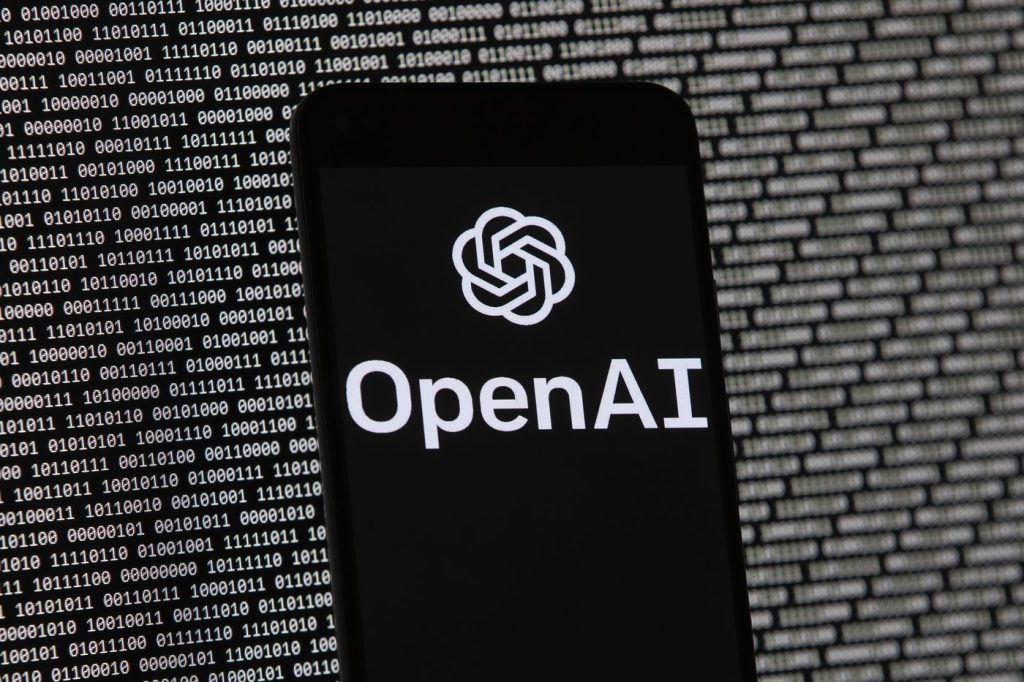The attorneys general of California and Delaware expressed serious concerns over the safety of OpenAI's flagship chatbot, ChatGPT, especially regarding its interactions with children and teenagers. These concerns were communicated through a letter sent to OpenAI after a meeting with the company's legal team in Wilmington, Delaware. The meeting was part of their ongoing review of OpenAI's plans to restructure its business, focusing on ensuring robust oversight of the company’s safety measures.
California Attorney General Rob Bonta and Delaware Attorney General Kathleen Jennings highlighted deeply troubling reports of dangerous interactions between chatbots and users. Notable among these incidents was the heartbreaking death by suicide of a 16-year-old Californian who had prolonged interactions with an OpenAI chatbot. This case, along with a similar murder-suicide incident in Connecticut, raised alarms about the effectiveness of any existing safeguards, as the officials noted that "whatever safeguards were in place did not work."
The parents of the deceased teenager filed a lawsuit against OpenAI and its CEO, Sam Altman, last month, further amplifying concerns regarding the implications of chatbot usage among vulnerable populations. OpenAI, initially founded as a nonprofit aimed at creating safe and beneficial artificial intelligence, had sought to transition its for-profit arm to take control of the nonprofit. However, those plans were halted in May after discussions with Bonta, Jennings, and other nonprofit organizations.
The California and Delaware AGs maintained that their offices must approve any significant operational changes, given that OpenAI is incorporated in Delaware and operates its headquarters in San Francisco, California. Following the abandonment of its previous restructuring plan, OpenAI approached the officials for approval of a “recapitalization,” which aims to transform its existing for-profit arm into a public benefit corporation responsible for both shareholder interests and its charitable mission.
In their letter, Bonta and Jennings stated their "shared view" that OpenAI, as well as the broader AI industry, must adopt better safety measures. They remarked, "The recent deaths are unacceptable. They have rightly shaken the American public’s confidence in OpenAI and this industry." They emphasized that both OpenAI and the AI industry must take proactive and transparent steps to ensure the safe deployment of artificial intelligence, which aligns with OpenAI's founding mission. The officials indicated that these safety measures would not only be strongly encouraged but would also be mandated and enforced by their respective offices.
This more focused letter from the California and Delaware attorneys general follows a recent correspondence sent to OpenAI and other technology firms, including Meta and Google, from a bipartisan coalition of 44 attorneys general. This group also voiced "grave concerns" about the potential dangers of children interacting with AI chatbots that exhibit sexually suggestive content and emotionally manipulative behavior.
As the situation develops, OpenAI did not provide an immediate response to requests for comment regarding the concerns raised by the state officials.











